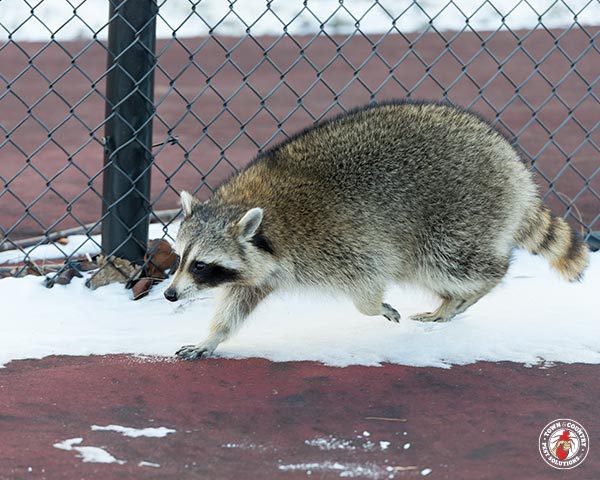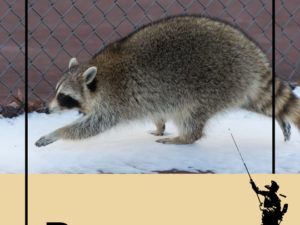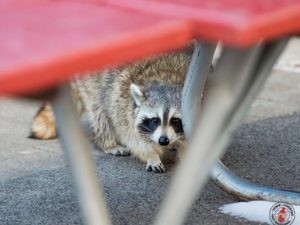
While raccoons may have adapted to dwelling within urban environments, the animals still maintain their distance from humans, and they almost always limit their foraging to the nighttime hours when being spotted by a human is unlikely. Unlike dogs, raccoons are not anywhere close to being considered domesticated animals, and they typically respond to the presence of humans with fear before running in the other direction. Experts also recommend that humans maintain their distance from the admittedly cute critters, as daytime raccoon encounters often indicate that the animals may be infected with rabies or distemper, which makes them aggressive and likely to attack. Considering all this, it is not surprising to learn that animal control professionals and other experts strongly advise against keeping raccoons as pets, especially within a home. However, one woman in Russia, Yuliya Sibiryakova, not only keeps raccoons after rescuing them from hazardous situations, but she also keeps them for therapeutic purposes, as she believes that playing with raccoons can reduce stress levels. While Yulia’s actions may be considered humane, they are also dangerous, and should not be mimicked by anyone.
Apparently, people have a very different attitude toward raccoons in the country of Russian than they do here in the United States, as playing with the mammals is now considered the latest mental health trend in the Eurasian country. Yulia owns a mental health clinic of sorts called Enotville, as “enot” is the Russian word for raccoon. This clinic is located in St. Petersburg and it contains a room where mental health patients relieve their stress levels by paying Yulia to interact with raccoons. According to Yulia, in Russia, raccoons are regarded as social creatures that are friendly toward humans. Despite Yulia’s good intentions, a fellow (real) psychologist, Vsevolod Rosanov, is convinced that more evidence of the therapeutic potential of raccoon-play is needed before Yulia’s unique form of therapy becomes mainstream.
Would you be willing to pay a modest amount of money to play with raccoons for a short period of time?













